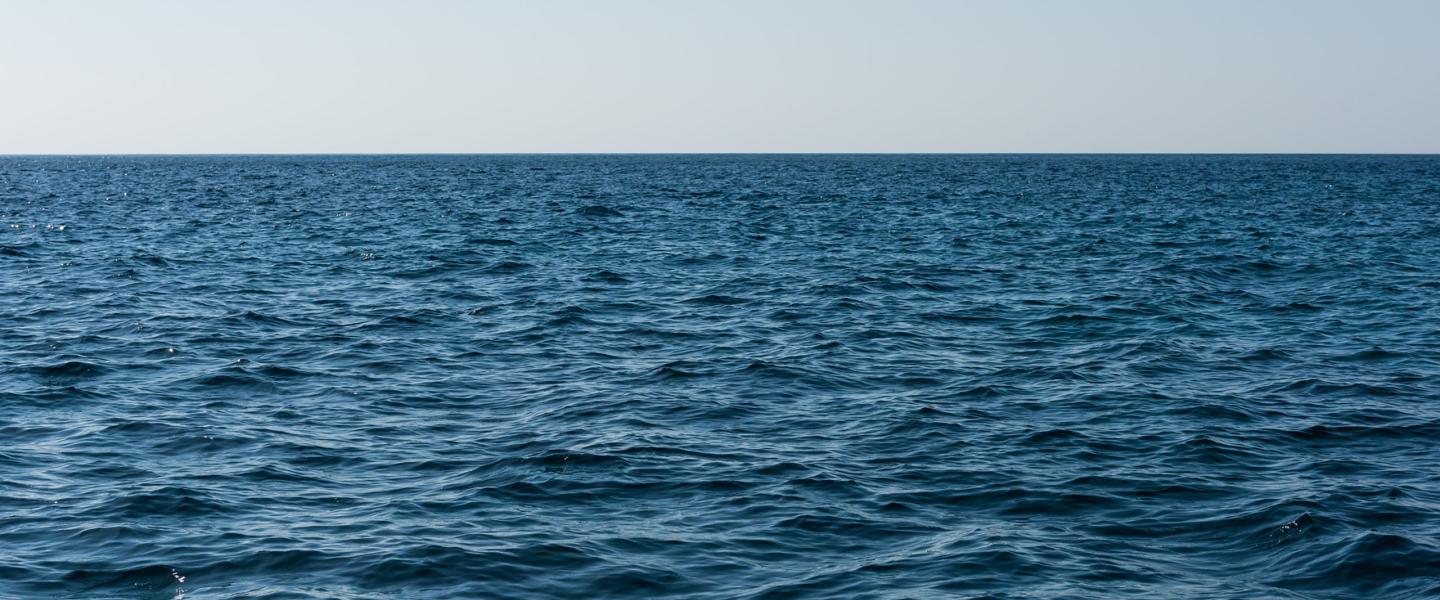Tuna: Caught by Slaves and Canned by Slaves

Welcoming and warm-hearted, Fijians and other Pacific Islanders can be lured into the dark side of commercial tuna fishing. “Would you buy a can of tuna that you knew had been caught by slaves and canned by slaves?” asks Dr Patricia Kailola, CEO of Fiji-based NGO Pacific Dialogue Ltd.
HRAS spoke to Patricia to find out about the often-unreported abuses occurring on fishing vessels in the Pacific Ocean.
HRAS: What is happening to the Pacific islanders that are being exploited in the commercial tuna fishing industry?
Many of the problems we see mimic those reported in other fisheries, such as the South-east Asian long-haul fishery. Trickery, illegal contracts and debt bondage (where crew members are obliged to “pay off” the cost of their travel and papers) and non-payment of wages, are common.
On board, the men can be expected to work 18 hours or more a day. They may face beatings for not understanding instructions and monetary penalties for “transgressions” or for not following instructions to the satisfaction of ship officers.
We know of captains withholding plane tickets and papers from hard-working crewmembers who have completed their tenure; they have attempted to blackmail them into working several more months without pay.
Yet even more fundamental transgressions of basic human rights occur. The food on board can be inadequate, and there are instances where clean drinking water is not available. When at rest, the men can be forced to share and rest in inadequate, cramped and filthy sleeping areas.
A lack of first aid equipment on board heightens the risk of health problems and accidents with fishing gear, and, as a result, deaths at sea occur. Arguments, fights and even murders among crewmembers emanate because of prolonged time at sea, frustration over work conditions, lack of news of families and an inability to communicate with fellow crew from diverse language groups.
These are the problems we are aware of, but we do not know the true levels of fairness or abuse and wretchedness in the Pacific offshore fishing industry where there are more than 3,000 vessels known to be operating, of which just 15 percent carry fisheries observers.
READ MORE
